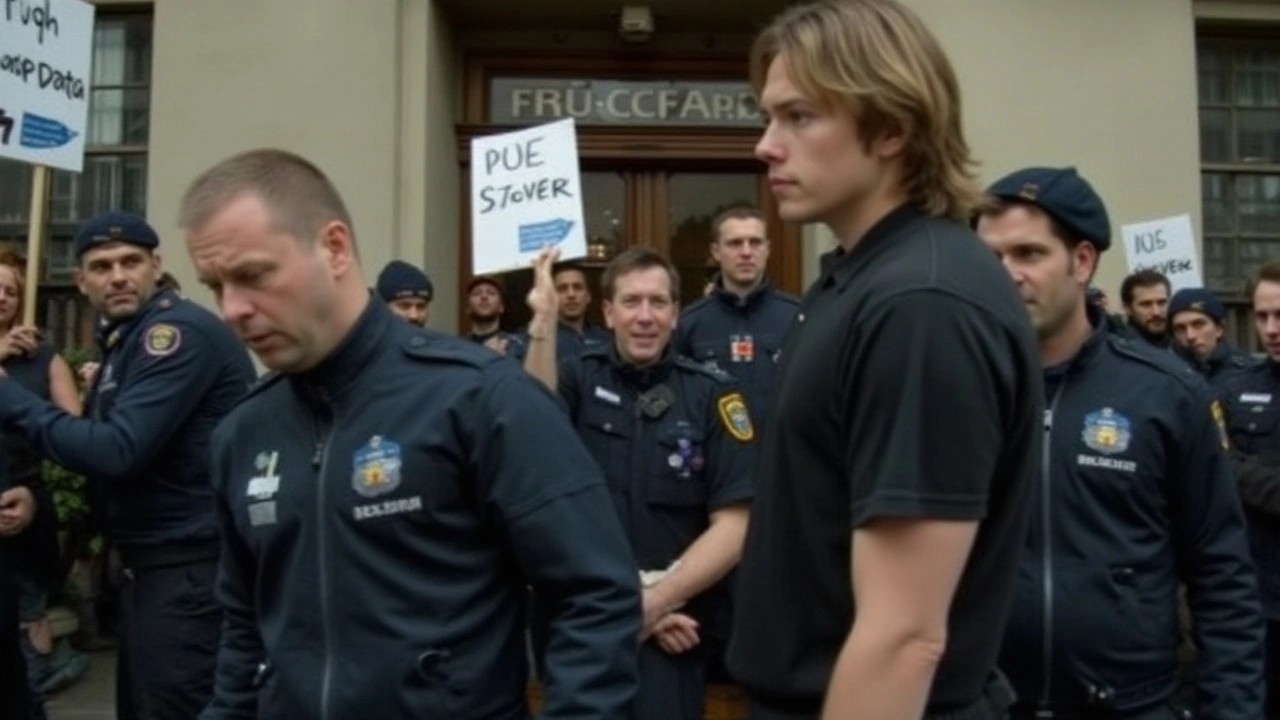Content censorship touches almost every corner of news, social media, entertainment and personal speech
It means blocking, filtering or removing information that someone—usually a government, company or platform—doesn't want people to see.
Why should you care? Because censorship shapes what we know and how we act. If a news outlet can't report on a protest, people may think the protest didn't happen. If a platform hides a medical report or a corruption claim, public debate and oversight shrink. Censorship can tilt the balance of power toward those who control information.
Censorship comes in many forms. Governments may pass laws requiring content removal or punish journalists. Platforms use algorithms and moderation teams to flag and take down posts. Companies may pressure creators with contracts or threats. All of these can be legal, illegal, transparent or hidden. The effects are real even when the rules look technical or neutral.
Spotting censorship isn't always simple. Sometimes content is removed for clear policy breaches like hate speech or child exploitation. Other times, removal looks like routine moderation but targets voices that challenge authority. Watch for sudden disappearances of reporting, patterns where only certain viewpoints are removed, or unexplained account bans. Tools like internet archives, screenshots and cross-posts help track changes.
What can readers do? First, diversify your sources. Don't rely on a single app or site. Follow local outlets, international newsrooms and independent reporters. Second, save copies of important material and use archive services for verification. Third, support journalism financially—subscriptions and donations help outlets survive legal and political pressure. Fourth, push for transparency from platforms: ask how moderation decisions are made and demand publicly available appeal processes.
Platforms and policymakers also have roles. Platforms should publish regular transparency reports, offer clear appeal channels, and limit automated removals that lack human review. Governments should protect press freedom and avoid vague laws that give officials broad power to silence critics. Civil society groups can help by documenting abuses and offering legal aid to affected journalists and creators.
Not all moderation is bad. Removing violent threats, child abuse, or direct calls for harm protects people. The challenge is finding rules and systems that stop real harm while letting legitimate reporting and debate continue. That balance is messy and requires constant public attention.
If you're curious about real cases, look at examples where controls affected sports coverage, court reporting, or social movements. Notice how shutting stories down changed public reactions. Study both clear censorship and subtler forms like shadow banning or algorithmic deprioritization.
Quick tools to use: the Wayback Machine, Google Cache, Mastodon mirrors, and independent fact-check sites. If you spot censorship, tag independent journalists and share archived links. Small steps like these keep stories alive and make it harder for important information to vanish. Speak up — it matters more than you.
